Home Blog
Stories from our drivers, passengers,
fleet managers, and teammates.
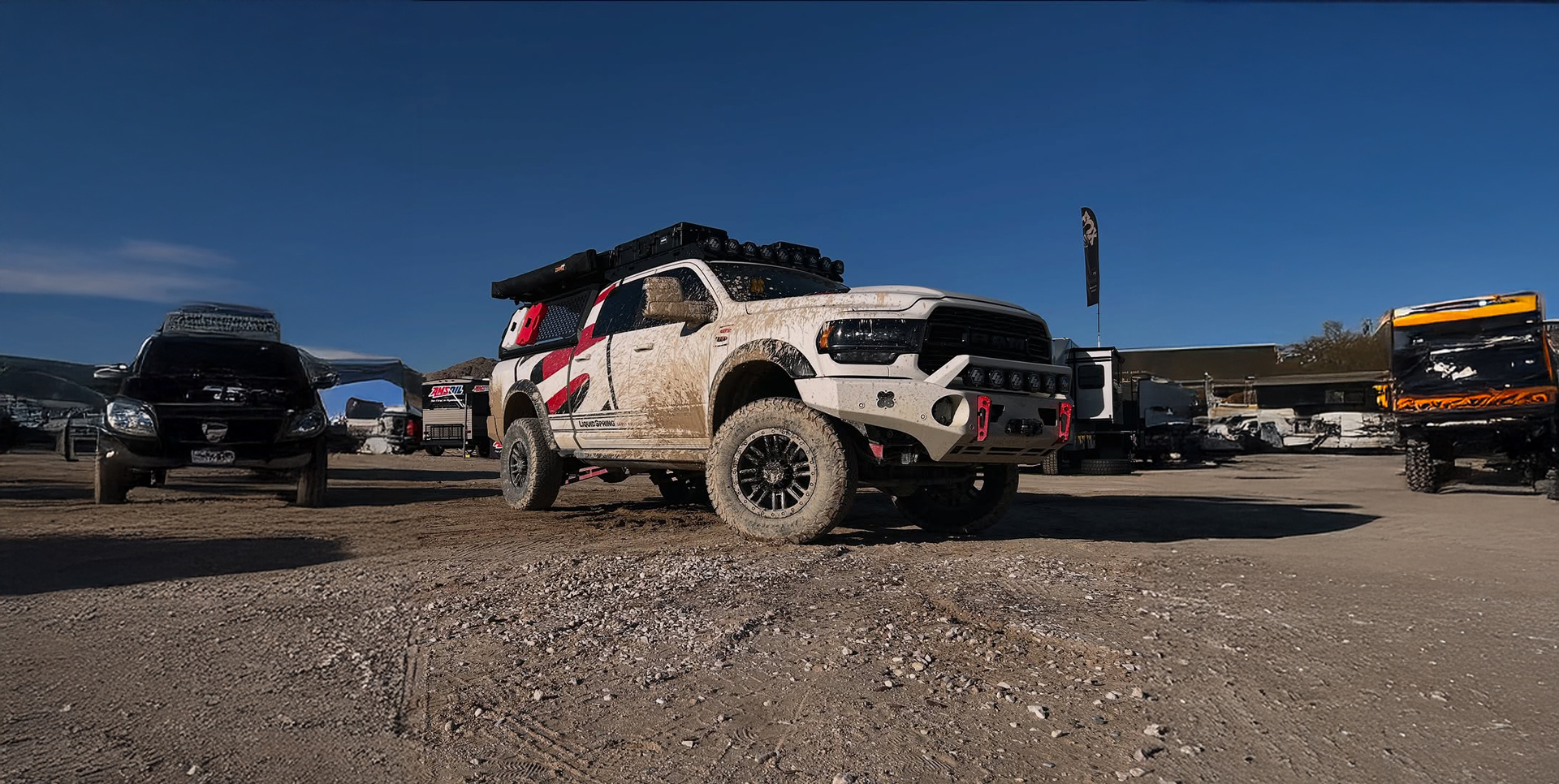
LiquidSpring suspension continues to earn praise from drivers across different applications, from motorhomes to adventure trucks. Here's what owners are saying about their LiquidSpring experience.
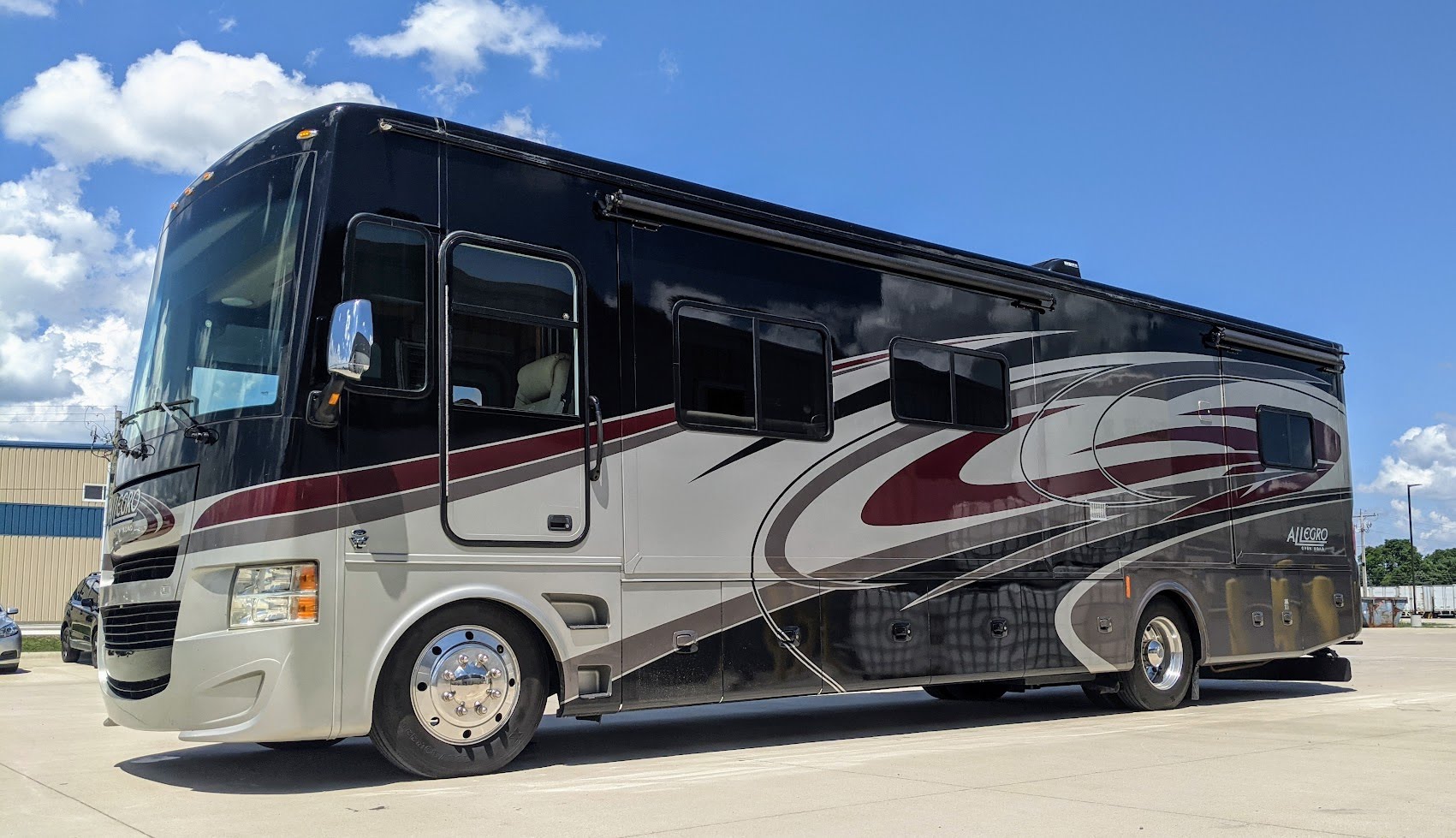
The Short Answer: Yes. RV owners who invest in LiquidSpring suspension typically see lower maintenance costs, extended tire life, improved fuel efficiency, and significantly improved comfort and safety. The initial investment pays for itself through reduced operating costs and dramatically improves the RV experience. The Real Cost of Not Upgrading Your RV Suspension Before diving
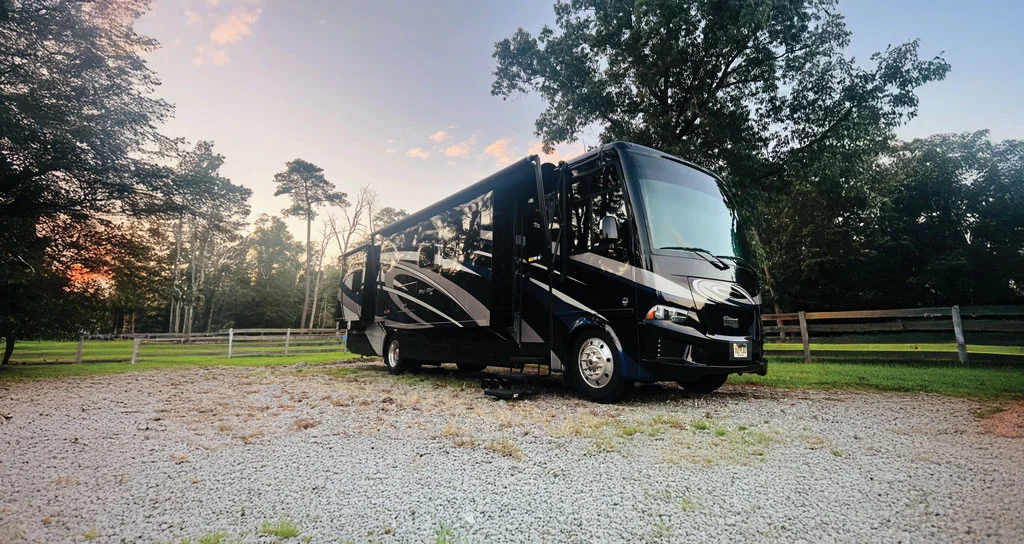
The Bottom Line: LiquidSpring® Smart Suspension eliminates the bouncing, swaying, and constant steering corrections that plague Class A gas motorhome suspension, delivering diesel-like ride quality for $25,000 versus spending $150,000+ more for a diesel pusher. The system works on Ford F-53 chassis (2010 and newer) and stops the problems at their source with intelligent suspension
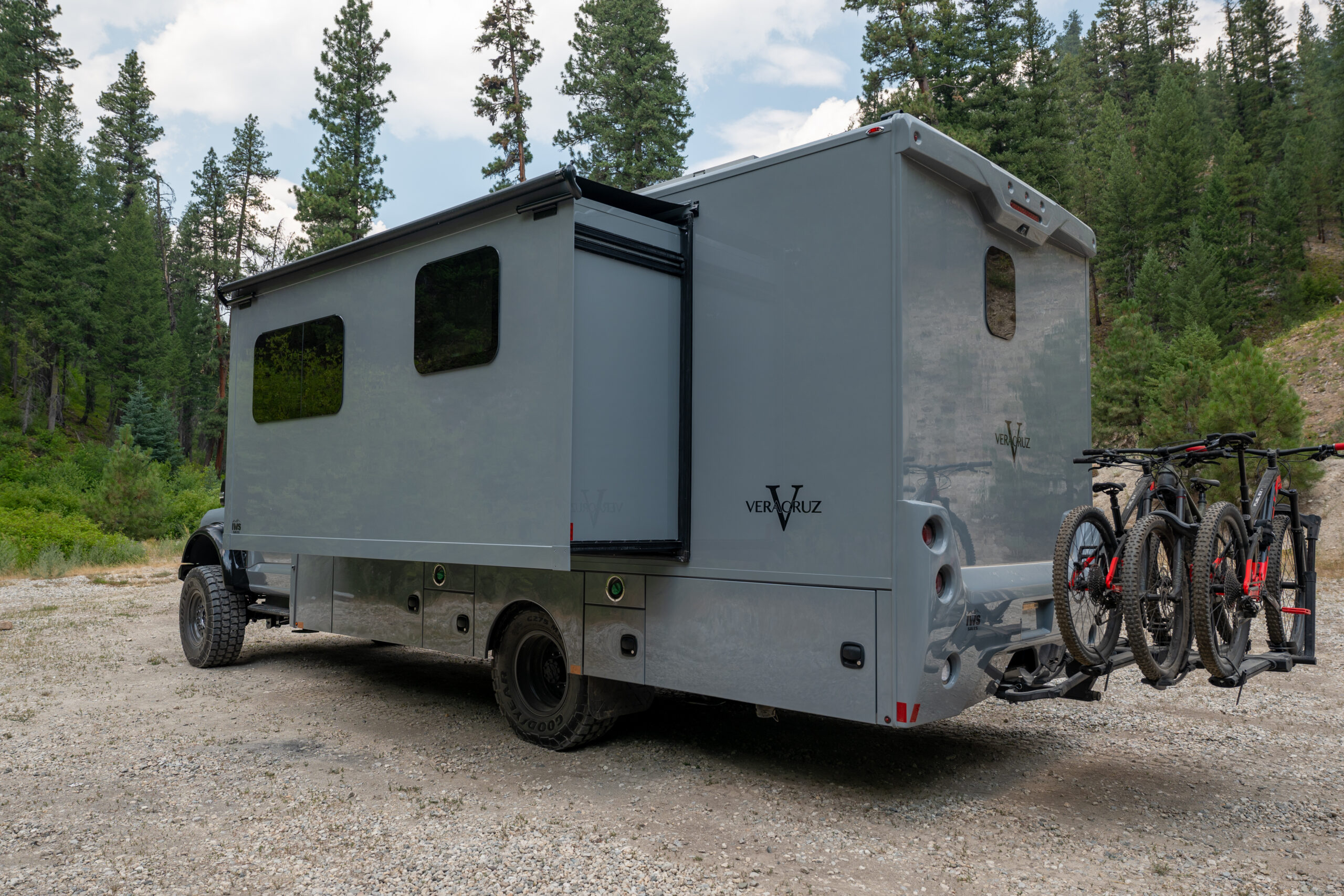
What is Tru-Earth™ leveling? Tru-Earth™ is LiquidSpring’s innovative push-button leveling feature that allows you to level your parked RV on uneven ground. Unlike traditional RV leveling jacks that require manual setup and adjustment, Tru-Earth™ uses your existing LiquidSpring® suspension system to automatically adjust each corner of your vehicle, ensuring you’re perfectly level for a comfortable
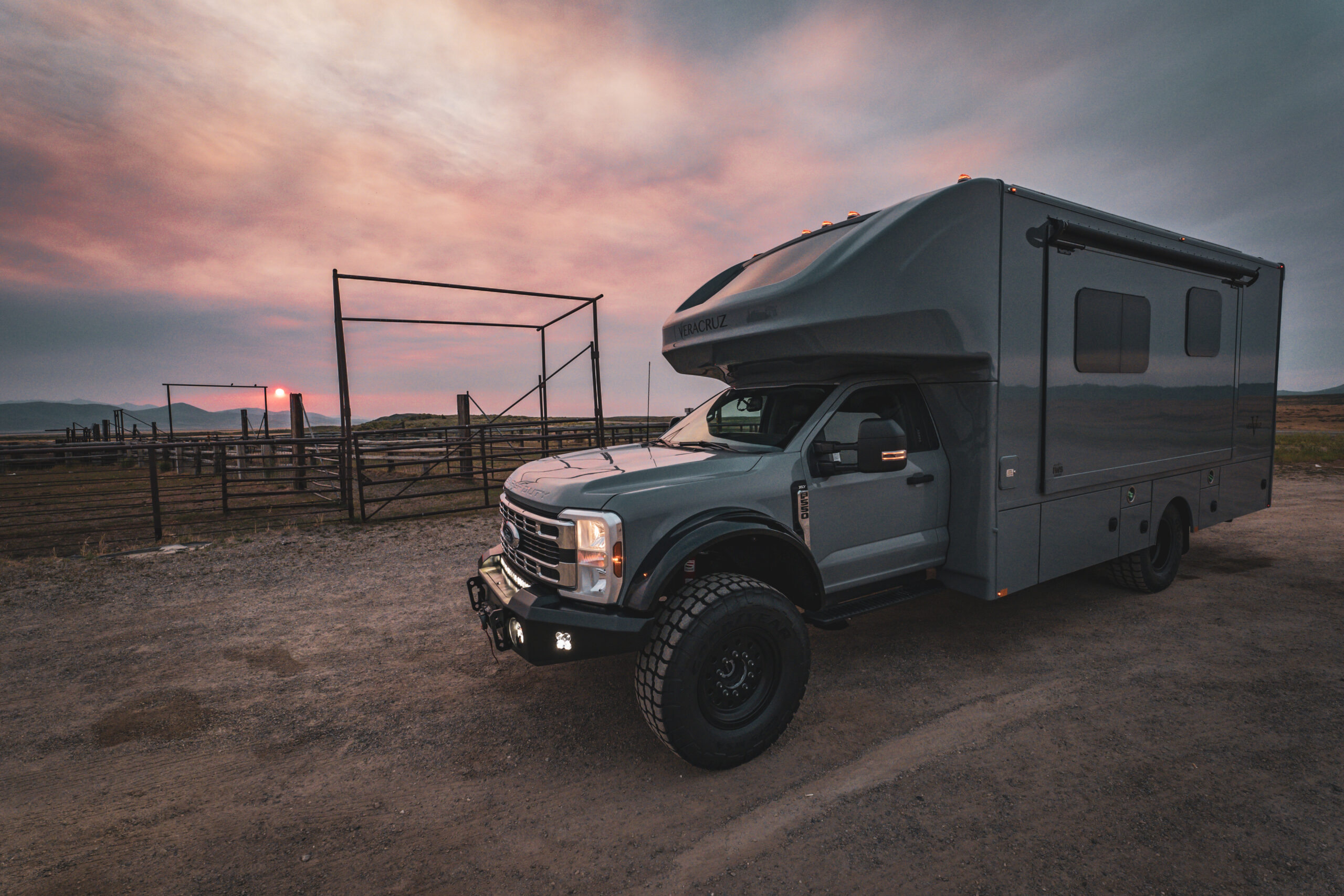
Finding the perfect campsite often means compromising on level ground. Whether you’re parked on a slope overlooking a mountain vista or squeezed into that prime spot by the lake, uneven terrain shouldn’t force you to choose between location and comfort. That’s why LiquidSpring® developed Tru-Earth™ leveling—an innovative feature that turns any parking spot into the
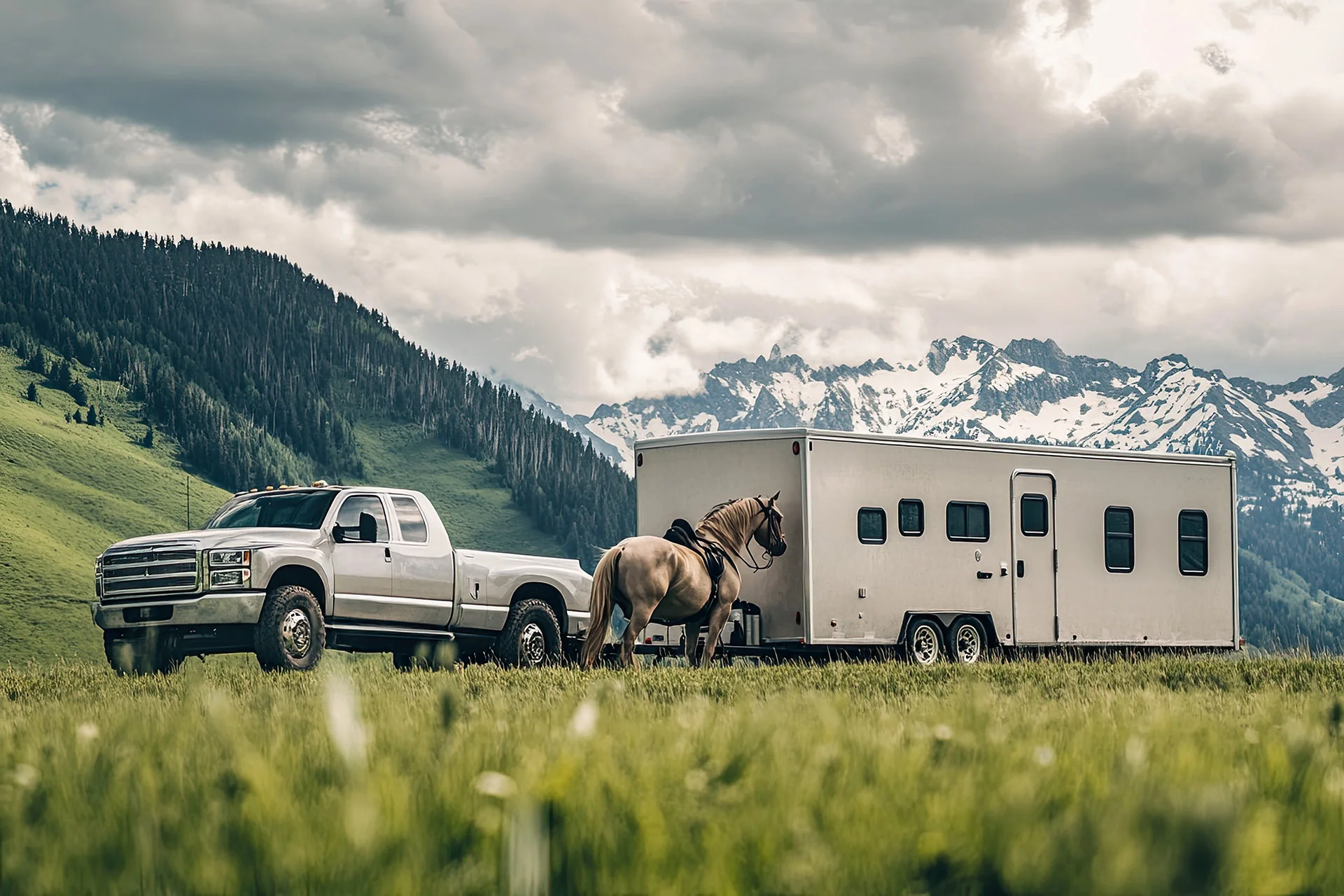
Horse owners understand the responsibility that comes with caring for these powerful, intelligent animals. Whether your horse is a trusted partner in competition, work, or recreation, you have a duty to protect their well-being, especially during travel when they’re most vulnerable. Every trailer ride puts stress on horses. The constant vibrations, sways, and bumps transmitted